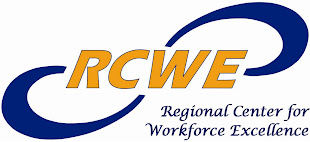Technologies for Healthy Independent Living (R01)
This FOA issued by the National Institute of Biomedical Imaging and Bioengineering (NIBIB), National Institute on Aging (NIA), Eunice Kennedy Shriver National Institute of Child Health and Human Development (NICHD National Institute of Nursing Research (NINR), and the Office of Research on Womens Health (ORWH) encourages Research Project Grant (R01) applications for research and development of technologies that monitor health or deliver care in a real-time, accessible, effective, and minimally obtrusive way. These systems are expected to integrate, process, analyze, communicate, and present data so that the individuals are engaged and empowered in their own healthcare with reduced burden to care providers. The development of these technology systems has the potential to significantly improve the quality of life for people with disabilities, people aging with mild impairments, as well as individuals with chronic conditions.


